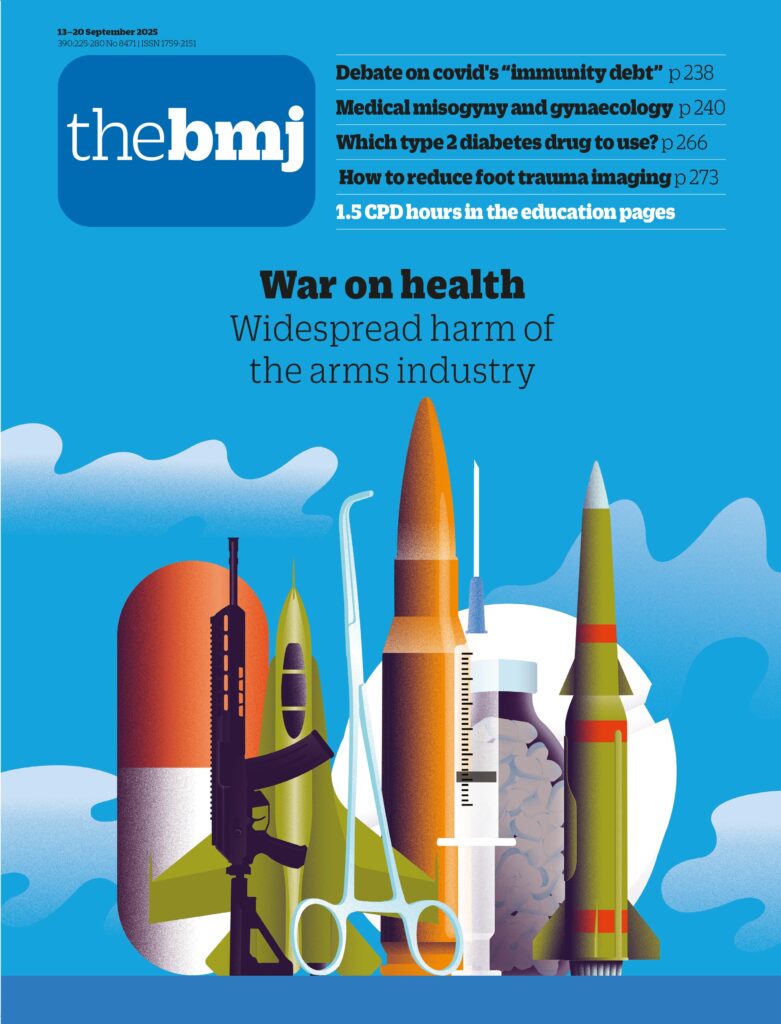- Richard Smith
- London
- rrichardswsmith{at}yahoo.co.uk
Credit: Edmond J Safra Center for Ethics
Drummond Rennie, nephrologist, mountaineer, high altitude physiologist, and the most innovative medical editor of his generation, worked tirelessly in pursuit of raising scientific standards and scientific integrity.
He is the author of what I consider to be the greatest sentence ever published in a medical journal: “There seems to be no study too fragmented, no hypothesis too trivial, no literature citation too biased or too egotistical, no design too warped, no methodology too bungled, no presentation of results too inaccurate, too obscure, and too contradictory, no analysis too self-serving, no argument too circular, no conclusions too trifling or too unjustified, and no grammar and syntax too offensive for a paper to end up in print.”
The sentence shows Rennie’s wit and is an example of, as a rhetorical device, the periodic sentence (think of Rudyard Kipling’s If). Most importantly, the sentence shows his frustration with the many poor quality scientific studies that he had to plough through as a medical editor.
Working to improve the quality and integrity of medical science, the foundation on which medical practice is built, became Rennie’s mission. Recognising the paradox that peer review, which is at the heart of science, had never been scientifically examined, …

